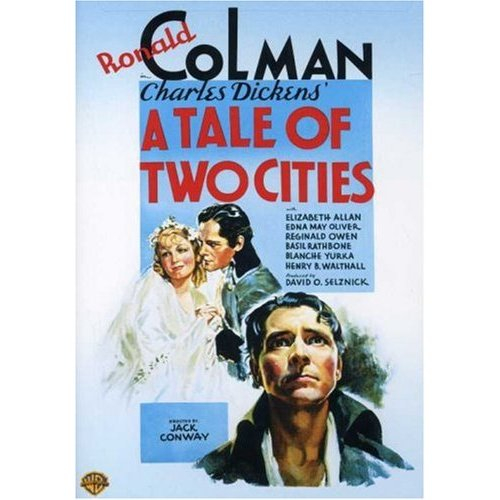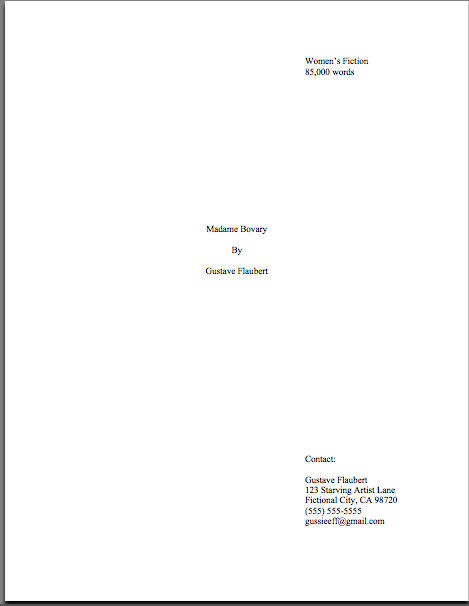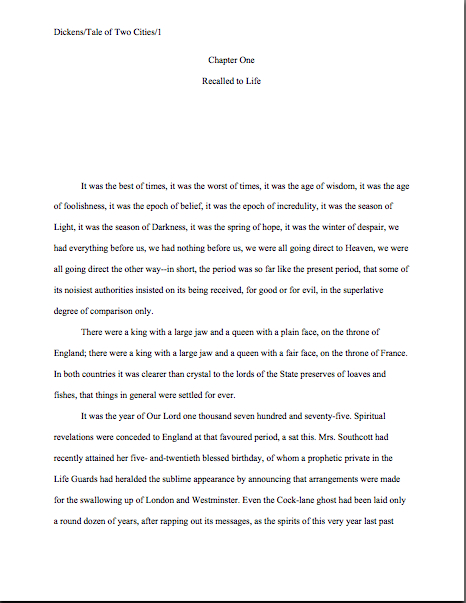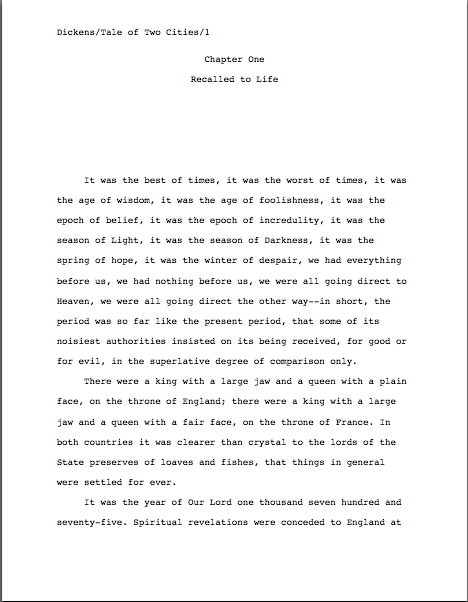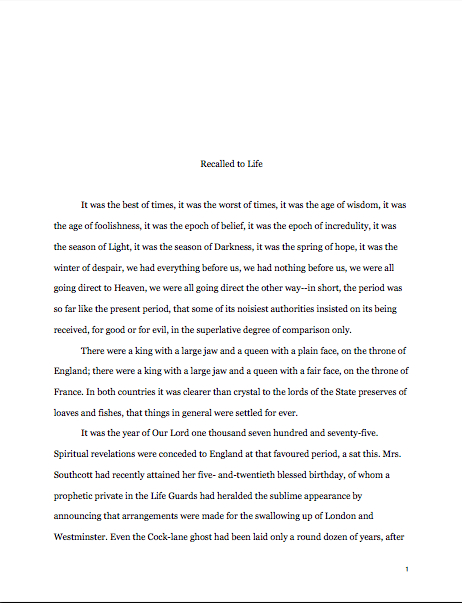Before I launch into the intro to today’s topic — and yes, I’m aware that a preamble to a prologue intended to introduce a re-run post is a tad confusing on the temporal front, especially in a medium as couched in the now as a blog — I can’t resist doing something that I very rarely do here: reviewing a movie. Since presumably you, dear readers, presumably visit this blog (and, I hope, revisit often) to peruse my observations on writing, submission, and the author’s life, I tend to assume, perhaps wrongly, that you’re not necessarily interested in my opinions of, say, every movie I see or play I attend. And even if you did, it’s seldom that I feel compelled to comment on a first-release movie, even if, as in this case, I saw in a film festival a couple of months prior to its release.
Bottle Shock, however, happens to be set in the Napa Valley, where I grew up — to be precise, it’s set about ten miles from the Zinfandel vineyard that surrounded my house. It’s about winemaking, my father’s profession. Heck, it’s largely set in a winery where he used to work, and ostensibly, at least, about people who used to cheer at my 4th-grade softball games.
So I don’t feel entirely unqualified to point out that this may well be the least-accurate story ever made about winemaking, from a technical perspective — including, believe it or not, the episode of Falcon Crest featured winery owners rushing out into the vineyards in $200 designer jeans to pick grapes (which leave permanent stains). Or the howls of laughter at A Walk in the Clouds, where winery owners rushed out into the vineyards to waft warm air onto grapes that were almost ready to pick, exclaiming that the crop would be ruined. (As it might have, if the frost in the film had occurred two seasons before, when the vines were in bud.)
So why, in the face of such robust competition, does Bottle Shock win my vote for worst of all time? Well, let me put it this way: the gaffes in the other stories were merely improbable; characters did things in Bottle Shock that would not only have ruined the wine that (spoiler alert) was destined to make the winery in question famous — they broke laws that would have brought the Bureau of Alcohol, Tobacco, and Firearms running into the cellar, warrants a-blazing.
Seriously, the filmmakers seemed to be unaware that wine is ever aged in bottles, or that grapes need to ripen before being harvested. Neither, to the best of my knowledge, are state secrets, even in California.
As it that weren’t enough, someone had apparently told most of the actors that the purpose of tasting wine was to have it in one’s mouth for as short a time as humanly possible and never smell it at all — which made the always-excellent Alan Rickman and genuinely talented Freddie Rodriguez, who evidently took the time to learn how the experts they’re playing actually DO taste wine, just look ridiculous. Poor Mssr. Rodriguez (whose casting is, as nearly as I can tell, the film’s sole acknowledgment that most of the actual physical labor involved in winemaking is not done by blonds) is even at one point forced to syphon a bottle’s worth of red wine from a barrel STORED IN DIRECT SUNLIGHT (as opposed to the deep, dark, cool cellars those in the trade favor) directly into an ALREADY-LABELED BOTTLE that already has a capsule on it, carry it about 20 paces away, and pour it into a pair of glasses, as if he had no idea what a cork is for.
And he’s supposed to be the film’s GOOD winemaker. I sincerely hope your next role treats you better, sir.
Actually, I think that novelists who set their books in glamorous-but-unfamiliar settings can learn quite a lot from this movie — and not merely that the old saw write what you know is darned good advice.
Technical gaffes like this are NOTORIOUSLY common in submissions: accountants don’t seem to know much about tax law; policemen parrot the Miranda warnings then proceed to violate them by interrogating suspects who have invoked their rights to remain silent and/or speak to an attorney; senators and presidents don’t even have an eighth-grader’s understanding of how the Constitution defines their offices.
I’m not saying that only working surgeons or nurses should write books set in hospitals, of course. But if you’re writing about a profession with which you are unfamiliar, your manuscript is much, much less likely to provoke bad laughter if you do a spot of research before you write.
People who work in wineries tend to be friendly, you know; they’d probably answer a question or two, if a screenwriter or director asked politely.
Another good rule of thumb, as often violated on the page as on the screen, is to make sure that your characters honor the rules of the profession and environment in which you’ve placed them — especially if you’re going to have a character or the narrative tell the reader what those rules are.
Seriously, storytellers violate this precept all the time. In Bottle Shock — to pick an example out of thin air — the viewer is told frequently (and correctly) that it will harm fine wine to shake it, but that doesn’t seem to stop several of the characters from doing it. In fact, in a scene during which the reliably talented Mssr. Rickman gives an impassioned speech to a crowd of onlookers about the vital importance of handling bottles gently, another character who AGREES with him makes his point while, you guessed it, waving a bottle of wine destined for competitive tasting wildly in the air while he pleads.
I swear that I’m not making that up.
Inconsistencies like this can cost a storyline more than the occasional guffaw from an expert — they can knock the reader out of the story. “Wait just a second,” Millicent is likely to say, hastily flipping back fifteen pages, “didn’t Horatio mention in the last chapter that the building would explode if he did what I’ve just seen him do without consequence on page 45?”
Sounds like another great reason to READ YOUR ENTIRE MANUSCRIPT IN HARD COPY and OUT LOUD, doesn’t it?
Okay, I think I’ve hammered on the consistency anvil enough for one day. Let’s move on to the topic at hand.
For the last couple of days, I have been showing examples of title pages, as part of my ongoing series on standard format for manuscripts. After I posted yesterdays exemplars, I realized that it had been quite a few months since I had explained the logic behind the professional title page. It seemed, then, like a good time to run through it again.
Don’t worry — this doesn’t mean that I’ve abandoned the What Does Standard Format Look Like, Anyway? series; it will be back a few days hence, I assure you.
In the meantime, enjoy!
I want to spend today talking about the very first thing an agent or editor will see IN your submission: the title page.
Yes, Virginia, EVERY submission needs one, as does every contest entry. Even if you are sending chapters 2-38 after an agent has pronounced herself delighted with chapter 1, you should send a title page with every hunk of writing you submit.
I know, I know: pretty much nobody ASKS you to include one (although contests sometimes include it explicitly in the rules), but a manuscript, even a partial one, that is not topped by one looks undressed to folks in the publishing industry. So much so that it would be completely out of the question for an agent to submit a book to a publishing house without one.
Why? Because, contrary to popular belief amongst writers, it is not just a billboard for your book’s title and your chosen pen name. It’s the only page of the manuscript that contains your contact information, book category, and word count.
In words, it is both the proper place to announce how you may best be reached and a fairly sure indicator of how much experience you have dealing with the publishing industry.
Why the latter? Because aspiring writers so often either omit it entirely or include the wrong information on it. You, however, are going to do it right — and that is going to make your submission look very good by comparison.
You’re welcome.
There is information that should be on the title page, and information that shouldn’t; speaking with my professional editing hat on for a moment, virtually every manuscript I see has a non-standard title page, so it is literally the first thing I, or any editor, will correct in a manuscript.
I find this trend sad, because for every ms. I can correct before they are sent to agents and editors, there must be hundreds of thousands that make similar mistakes. Even sadder, the writers who make mistakes are their title pages are very seldom TOLD what those mistakes are. Their manuscripts are merely rejected on the grounds of unprofessionalism, usually without any comment at all.
I do not consider this fair to aspiring writers — but once again, I do not, alas, run the universe, nor do I make the rules that I report to you. If I set up the industry’s norms, I would decree that every improperly-formatted title page would be greeted with a very kind letter, explaining precisely what was done wrong, saying that it just doesn’t count this time, and inviting the writer to revise and resubmit.
Perhaps, in the worst cases, the letter could be sent along with a coupon for free ice cream. Chances are, the poor writer is going to be shocked to learn that the title page of which he is so proud is incorrectly formatted.
But I digress.
The single most common mistake: a title page that is not in the same font and point size as the rest of the manuscript.
Since the rise of the personal computer and decent, inexpensive home printers, it has become VERY common for writers to use immense type and fancy typefaces for title pages, or even photographs, designs, or other visually appealing whatsits.
From a creative point of view, the tendency is completely understandable: if you have 50 or 100 fonts at your disposal, why not use the prettiest? And while you’re at it, why not use a typeface that’s visible from five feet away?
For one extremely simple reason: professional title pages are noteworthy for only two things, their visual spareness and the consequent ease of finding information upon them.
It’s rare, in fact, that any major US agency would allow its clients to send out a title page in anything BUT 12-point Times, Times New Roman, or Courier for a submission, since these are the standards for the industry.
Why these fonts? The logic is complicated here, but in essence, it boils down to an affection for the bygone days of the typewriter: Times is the equivalent of the old elite typeface; Courier is pica. (I know, I know: there are other explanations floating around the Internet, but as this is what people in the industry have actually said when asked about it for the last 25 years, I’m going to continue to report it here.)
More to the point, agents and editors are used to estimating word counts as 250 words/page for the Times family and 200/page for the Courier family. When a submitting writer uses other fonts, it throws off calculations considerably.
Mind you, in almost every instance, an actual word count will reveal that these estimates are woefully inaccurate, sometimes resulting in discrepancies of tens of thousands of words over the course of a manuscript. But if you check the stated word counts of published books from the major houses, you’ll almost always find that the publisher has relied upon the estimated word count, not the actual.
Unless an agency or publishing house SPECIFICALLY states a preference for actual word count, then, you’re usually better off sticking to estimation. Trust me, everyone concerned is already aware that the estimates are a reflection of length on the page, rather than the total you would have reached had you been making a hash mark every time you typed a word.
I wish that this were more often made clear at literary conferences; it would save masses of writerly chagrin. When an agent or editor at conference makes everyone in the room groan by announcing that she would have a hard time selling a novel longer than 100,000 words, she is generally referring not to a book precisely 100,012 words long, but a 400-page manuscript.
Is that hoopla I hear out there the rejoicing of those of you who tend to run a mite long? Or perhaps those who just realized that unless an edit cuts or adds an entire page to the manuscript, it isn’t going to affect the estimated word count? These are not insignificant benefits for following industry norms, are they?
So let’s take it as given that your title page should be in 12-point Times, Times New Roman, or Courier. All of it, even the title. No exceptions — and no pictures, designs, or other bits of whimsy. You may place the title in boldface, if you like, or in all capitals, but that’s as elaborate as it is safe to get.
DEFINITELY do not make the title larger than the rest of the text. It may look cool to you, but to professional eyes — I hate to tell you this, but better you find out from me — it looks rather like a child’s picture book.
Do I hear disgruntled voices out there? “Oh, come on,” I hear some of you saying, “the FONT matters that much? What about the content of the book? What about my platform? What about my brilliant writing? Surely, the typeface choice pales in comparison to these crucial elements?”
You’re right, of course — it does, PROVIDED you can get an agent or editor to sit down and read your entire submission.
Which happens far less often than aspiring writers tend to think. Ask any agent — it’s not at all uncommon for a submission to be rejected on page 1. So isn’t it better if the submission hasn’t already struck the screener as unprofessional prior to page 1?
Unfortunately, this is a business of snap decisions, especially in the early stages of the road to publication, where impressions are often formed, well, within seconds. If the cosmetic elements of your manuscript imply a lack of knowledge of industry norms, your manuscript is entering its first professional once-over with one strike against it.
It seem be silly — in fact, I would go so far as to say that it IS silly — but it’s true, nevertheless.
Even queries in the proper typefaces tend to be better received. If you are feeling adventurous, go ahead and experiment, sending out one set of queries in Times New Roman and one in Helvetica, and see which gets a better response.
As any agency screener will tell you after you have bought him a few drinks (hey, I try to leave no stone left unturned in my quest to find out what these people want to see in submissions, so I may pass it along to you), the Times New Roman queries are more likely to strike agents (and agents’ assistants, once they sober up again) as coming from a well-prepared writer, one who will not need to be walked through every nuance of the publication process to come.
Yes, I know — it seems shallow. But think of conforming to title page requirements in the same light as following a restaurant’s dress code. No one, not even the snottiest maitre d’, seriously believes that forcing a leather-clad punk to don a dinner jacket or a tie will fundamentally alter the disposition of the wearer for the duration of the meal. But it does guarantee a certain visual predictability to the dining room, at least insofar as one overlooks facial piercings, tattoos, and other non-sartorial statements of individuality.
And, frankly, setting such standards gives the maitre d’ an easy excuse to refuse entry on an impartial basis, rather than by such mushy standards as his gut instinct that the lady in the polyester pantsuit may be consorting with demons in her off time. Much less confrontational to ask her to put on a skirt or leave.
Sending your submission into an agency or publishing house properly dressed minimizes the chances of a similar knee-jerk negative reaction. It’s not common that a submission is rejected on its title page alone (although I have heard of its happening), but an unprofessional title page — or none at all — does automatically lower expectations.
Or, to put it another way, Millicent the screener is going to be watching the guy with the tie a whole lot less critically than the guy with the studded leather dog collar and 27 visible piercings, and is far less likely to dun the former for using the wrong fork for his salad.
Tomorrow, I am going to go over the two most common formats for a professional title page — and, if my newly-learned computer trick works, give you some concrete examples. In the meantime, keep up the good work!

